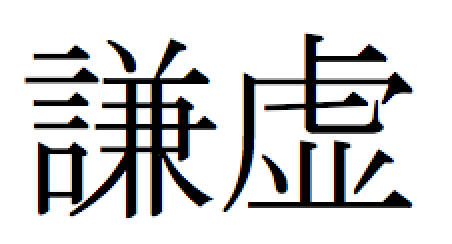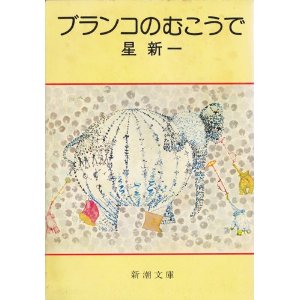Colors in Japanese – noun form and adjective form
Color words in Japanese exist in two different forms: i-adjectives and nouns. Some of them are present in only one form (usually the noun form), but many are present in both. I’ll present a list of basic colors along with the different forms that color exists as, with the i-adjective form first (if present). Red:… Read More »



